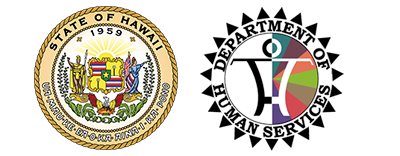Why Were We Created?
The Hawaii State Commission on Fatherhood was established by Act 156 of the 2003 Hawaii State Legislature. The Legislature noted that nationally there is a renewed understanding of the unique importance of fathers in the lives of their children, families and communities. It cited an increasing body of evidence indicating that children are more likely to thrive with support, guidance, and nurturing from both parents, and that the absence of one parent from a child’s life can place that child at a greater risk of health, emotional, educational, and behavioral problems associated with the child’s development. Since many young men today are themselves fatherless, lack appropriate role models, and/or are in need of information and education regarding the appropriate roles and responsibilities of fathers, the Legislature urged that more attention be made by the public and the state to the needs, issues, and concerns of fathers. The Legislature specifically found that the role of fathers in the raising of children and in the health and well-being of families is often unintentionally overlooked in government and non-profit contracts, programs, and services dealing with children’s health, welfare, and education, and that an ongoing statewide effort should be made to address this.
In June, 2007, Hawai‘i ACT 190 made the Hawai‘i State Commission on Fatherhood a permanent commission. The Commission is currently administratively attached to the Department of Human Services but functions autonomously.
